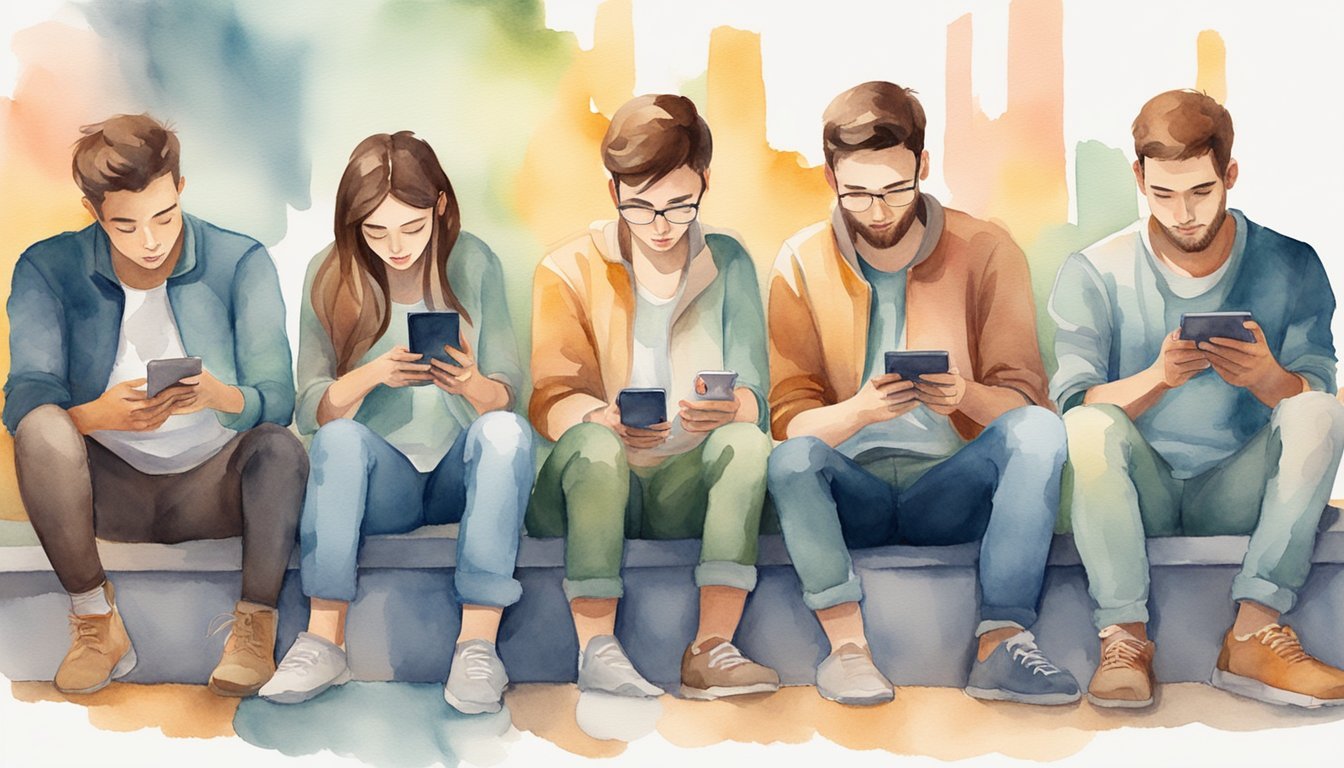In a finding that challenges conventional wisdom about the perils of social media, a new study suggests that browsing Facebook or Instagram does not trigger a physiological stress response, and may even help alleviate stress.
The study, published in the journal PLOS ONE on April 2, 2024, was led by Suzanne Oppenheimer of the College of Western Idaho.
Methodology
The study involved 59 participants aged 13 to 55; their average age was 26. The participants included 40 women and 19 men.
They were recruited using fliers and internet announcements, primarily directed toward faculty, students, and staff at the College of Western Idaho. People under 18 years old were allowed to join the study with parental consent.
On the day of testing, participants entered the testing room and were fitted with arm-band heart rate monitors. Cortisol levels were measured via saliva samples.
Participants were then asked to use their own phones to browse either their Facebook or Instagram accounts (for the social media treatment) or view “non-evocative” YouTube videos (for the control treatment; video titles included “Neutral Emotion Pictures Video” and “Things You Did Not Know the Use Of”). The choice between either Facebook or Instagram was based on the participants’ preferences.
Heart rate and cortisol levels were measured before, during, and after the 20-minute social media and YouTube sessions.
Unexpected Results
Surprisingly, the researchers found that neither the social media use nor the YouTube viewing elicited an increase in stress markers. In fact, participants’ heart rates and cortisol levels decreased over the course of the experiment.
Specifically, average heart rate dropped 7.3 beats per minute (BPM) from the baseline measurement.
“We expected to find that social media use would trigger a measurable physiological stress response, and that this might help explain its contribution to psychiatric and physical morbidities,” the authors write in the paper.
“Instead, our findings seem to lend credence to the suggestion that accessing social media (and in the case of our study, YouTube) acts to assuage stress.”
Challenging the Conventional Wisdom
The results are particularly striking given the widespread belief that social media is a major contributor to stress and anxiety, especially among younger generations.
Many studies have linked heavy social media use to negative mental health outcomes, such as depression, low self-esteem, and feelings of social isolation.
These findings suggest that the act of using a smartphone, whether for social media or viewing neutral content, may have a calming effect on the body’s stress response, at least in the short term.
But the authors caution that their study did not control for the specific content viewed by participants, and that longer or more intense periods of social media use may yield different results.
As the authors conclude, “The results of our study add to a small body of evidence suggesting that social media use may in fact serve to mitigate stress.”
Study details:
- Title: “Social media does not elicit a physiological stress response as measured by heart rate and salivary cortisol over 20-minute sessions of cell phone use”
- Authors: Oppenheimer S, Bond L, Smith C
- Journal: PLoS ONE
- Publication Date: April 3, 2024
- DOI: 10.1371/journal.pone.0298553

